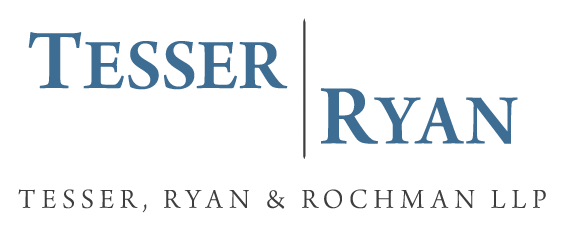Am I Allowed to Rent my Apartment on Airbnb?
Airbnb has exploded in popularity in New York City. Tenants have embraced the apartment sharing service as a means of easing the burden of New York City’s infamously high rents. Naturally, Airbnb users are curious about whether this novel source of income is legal, and, if not, what the consequences are of using it.
In most cases, residential tenants are not allowed to rent their apartments on Airbnb. Doing so may violate a number of statutes and regulations, including the following:
- Real Property Law §226(b)- As discussed in a prior blog post, RPL §226(b) governs, inter alia, subleases for residential tenants who live in buildings with four or more apartments. RPL §226(b)(2) grants tenants the right to sublease with their landlords’ advance approval. A landlord’s approval may not be unreasonably withheld. RPL §226(b)(2) prescribes a strict procedure for requesting the landlord’s approval, including granting the landlord thirty days’ notice of the proposed sublease. Airbnb users rarely seek approval from their landlords prior to renting on Airbnb, let alone follow the strict procedure prescribed RPL §226(b). Accordingly, most tenant-renters are in violation of RPL §226(b).
- N.Y.C. Admin. Code §27-2004(a)(8)(a)/ Multiple Dwelling Law §4(8)(a)- These provisions govern “multiple dwellings.” A multiple dwelling is a property where three or more families reside. In New York City, most apartments qualify as multiple dwellings. With limited exceptions, multiple dwellings may only be used for “permanent residence purposes”—that is, as a place of occupancy by a person or family for a thirty consecutive days or more. Renting one’s apartment to a transient visitor on Airbnb thus violates the requirement that multiple dwellings be used for permanent residence purposes only.
- Rent Stabilization Code §2525- There are statutory restrictions on how much tenants in rent-stabilized buildings may charge their subtenants. A tenant who subleases his entire apartment may not charge more than the legal regulated rent, plus a 10-percentage surcharge if the apartment is fully furnished. A tenant who rents a portion of his apartment may not charge more than the proportionate share of the legal regulated rent. Tenants in rent-stabilized buildings who charge their Airbnb guests market prices are thus likely in violation of the Rent Stabilization Code.
Tenants who violate these provisions may face a very serious consequence: eviction. Most residential leases include an undertaking by the tenant to comply with all federal, state, county and municipal laws and regulations that affect the demised premises or the tenant’s use or manner of use thereof. Violating any of the above provisions would constitute a material breach of the lease, subjecting the tenant to eviction by the landlord.
Not all tenants who rent on Airbnb are subject to eviction: There are limited exceptions to the above statues and regulations, which may permit tenants to use Airbnb in particular cases. Additionally, tenants may have the right to cure their default.
If you have any questions about your rights and obligations under your lease, please call Tesser, Ryan & Rochman, LLP at (212) 754-900, or visit http://tesserryan.com/.
